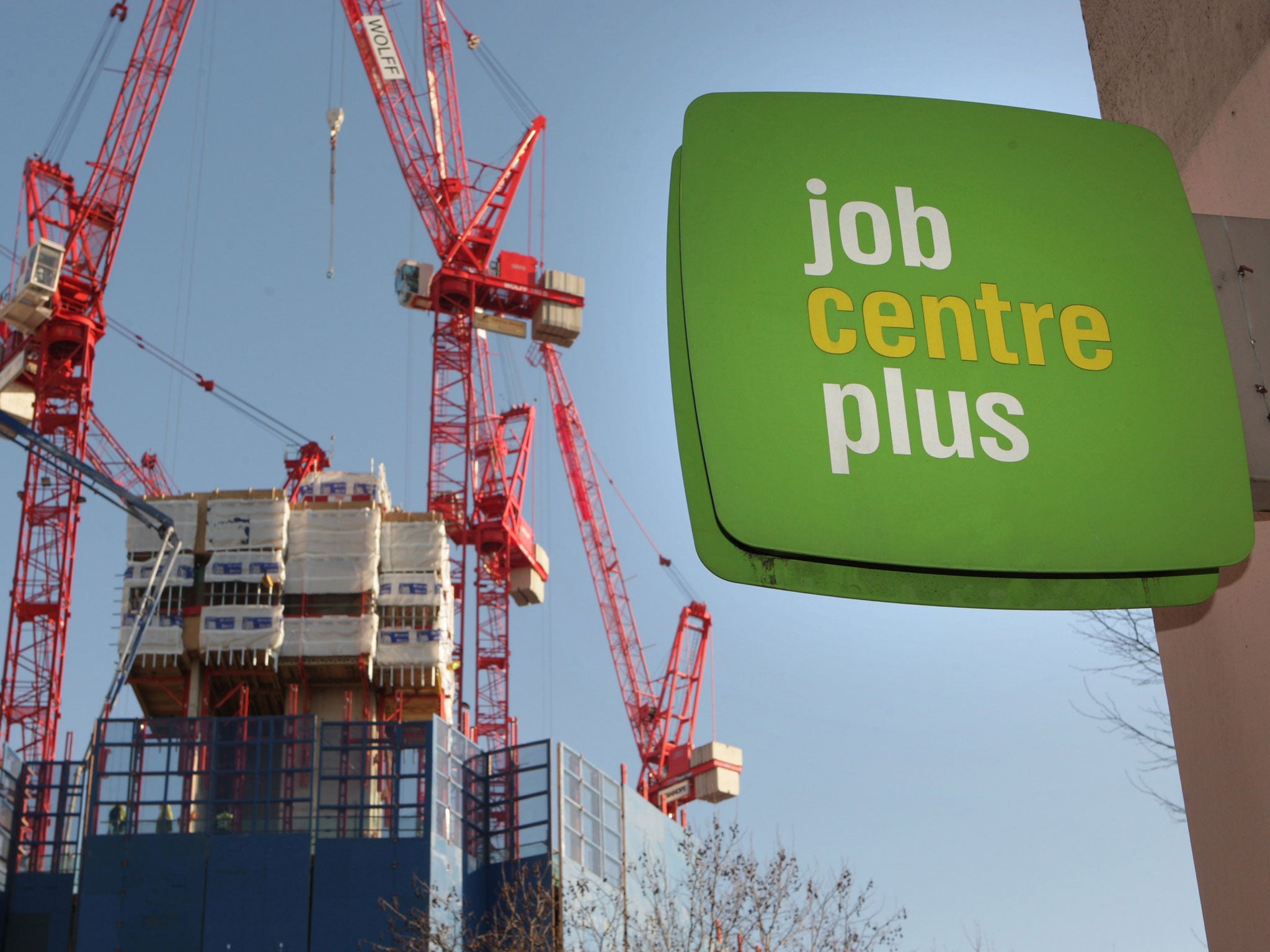Your support helps us to tell the story
From reproductive rights to climate change to Big Tech, The Independent is on the ground when the story is developing. Whether it's investigating the financials of Elon Musk's pro-Trump PAC or producing our latest documentary, 'The A Word', which shines a light on the American women fighting for reproductive rights, we know how important it is to parse out the facts from the messaging.
At such a critical moment in US history, we need reporters on the ground. Your donation allows us to keep sending journalists to speak to both sides of the story.
The Independent is trusted by Americans across the entire political spectrum. And unlike many other quality news outlets, we choose not to lock Americans out of our reporting and analysis with paywalls. We believe quality journalism should be available to everyone, paid for by those who can afford it.
Your support makes all the difference.Generous welfare benefits actually make people more likely to want work, not less, according to the latest scientific research into the matter.
A new study, published in the journal Work, Employment and Society, flies in the face of conventional wisdom in Britain – where a narrative that people become ‘trapped on benefits’ has taken hold amongst commentators.
Researchers asked 19,000 people across 18 European countries whether they agreed with the statement “I would enjoy having a paid job even if I did not need the money”.
They found that people in countries with more generous unemployment and sickness benefits were significantly more likely to have a positive attitude towards getting a job.
“Many scholars and commentators fear that generous social benefits threaten the sustainability of the welfare state due to work norm erosion, disincentives to work and dependency cultures,” the researchers said.
“[This study] concludes that there are few signs that groups with traditionally weaker bonds to the labour market are less motivated to work if they live in generous and activating welfare states.”
In Norway, which has the highest benefits of all the countries surveyed, 80% of people agreed with the statement, while in Estonia – one of the least generous, only 40% did.
The findings put the Government’s position at odds with the scientific evidence on the issue.
Iain Duncan Smith, the Conservative Work and Pensions Secretary, has based the UK’s welfare policy on the assumption that higher payments lead to so-called ‘benefit dependency’.
“A system that was originally designed to support the poorest in society is now trapping them in the very condition it was supposed to alleviate,” he told the BBC in 2010.
A number of factors could account for the difference in attitude across countries. It is possible that countries with strong social safety nets also have stronger worker protections and thus a more enjoyable working environment.
Equally, low unemployment benefits could have a demoralising effect on the unemployed and encourage them to see themselves as apart from those with work.
The researchers also suggested that high employment rates produced more “positive experiences” of paid employment.
“Employment commitment was much higher in all the studied groups in bigger welfare states. Hence, this study's findings support the welfare resources perspective over the welfare scepticism perspective,” the researchers concluded.
Subscribe to Independent Premium to bookmark this article
Want to bookmark your favourite articles and stories to read or reference later? Start your Independent Premium subscription today.

Join our commenting forum
Join thought-provoking conversations, follow other Independent readers and see their replies
Comments